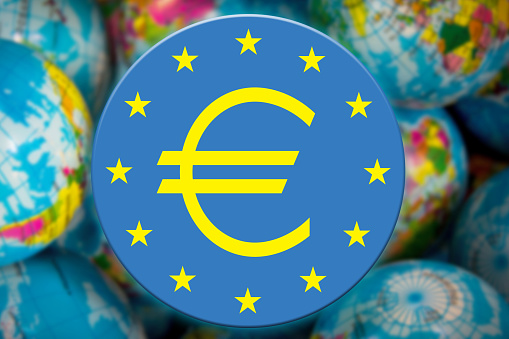ECB stands pat, declining trend in underlying inflation continues
Introduction
The European Central Bank (ECB) recently announced its decision to leave its monetary policy unchanged, as widely expected. This means that the main refinancing, marginal lending, and deposit rates will remain at 4.50%, 4.75%, and 4.00% respectively. In its accompanying statement, the ECB noted that incoming information has broadly confirmed its previous assessment of the medium-term inflation outlook. However, the bank also pointed out that the declining trend in underlying inflation continues.
Analysis
This decision by the ECB reflects the current economic conditions in the Eurozone. Despite some positive economic indicators, such as improved growth prospects and lower unemployment rates, inflation remains a concern. The central bank is carefully monitoring the situation and is taking a cautious approach to monetary policy in order to maintain price stability.
One of the key factors contributing to the declining trend in underlying inflation is the energy-related upward base effect. This has put pressure on prices and has dampened overall inflation expectations. The ECB is aware of these challenges and is committed to addressing them through its monetary policy tools.
Impact on Individuals
As a consumer or investor, the ECB’s decision to keep rates unchanged may have a direct impact on your financial decisions. Interest rates play a significant role in determining borrowing costs, savings returns, and investment returns. With rates remaining stable, you may need to consider how this will affect your personal finances and adjust your strategies accordingly.
Global Implications
The ECB’s monetary policy decisions have far-reaching consequences beyond the Eurozone. The stability of the Euro and the health of the European economy can impact global markets and international trade. Investors and policymakers around the world will be closely watching the ECB’s actions and statements for signals about the future direction of monetary policy.
Conclusion
The ECB’s decision to stand pat on its monetary policy reflects the ongoing challenges facing the Eurozone economy, particularly in relation to inflation. While the central bank remains vigilant in monitoring economic conditions, individuals and global markets will need to prepare for potential changes in the future.





